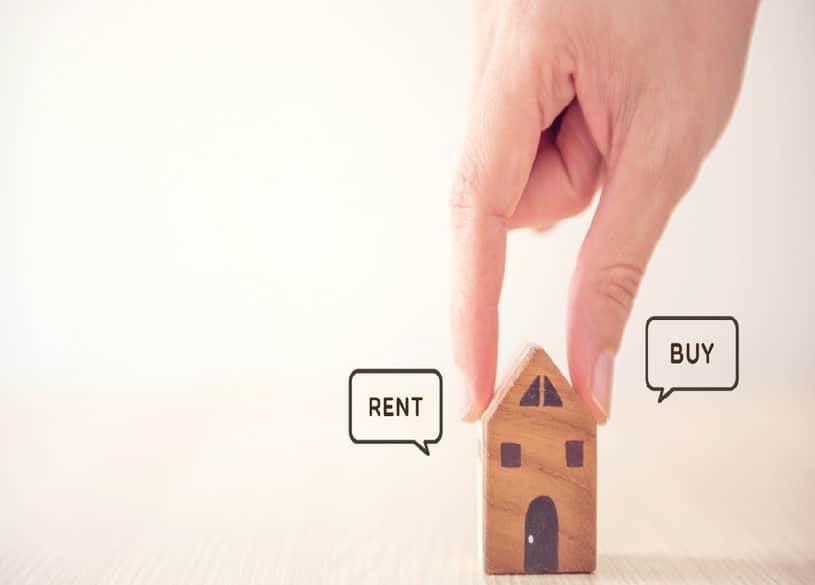Introduction
Dubai, a global city known for its luxurious lifestyle and towering skyscrapers, offers a vibrant real estate market. Whether you are an investor, a resident, or a newcomer, understanding the differences between short-term and long-term rentals in Dubai is crucial. This guide delves into the pros and cons of each rental type, providing a detailed analysis to help you make an informed decision.
Advantages of Short-Term Rentals in Dubai
Flexibility and Convenience
Short-term rentals offer unparalleled flexibility. These rentals are ideal for tourists, business travelers, or individuals seeking temporary accommodation. With lease terms ranging from a few days to several months, short-term rentals cater to those who need housing without long-term commitments.
Fully Furnished Options
Most short-term rentals in Dubai come fully furnished, equipped with modern amenities and services such as housekeeping, Wi-Fi, and utilities. This convenience eliminates the hassle of furnishing an apartment and managing utility bills, providing a seamless living experience.
Higher Rental Income Potential
For property owners, short-term rentals can yield higher rental income compared to long-term leases. The demand for short-term accommodation, particularly in popular areas like Downtown Dubai and Dubai Marina, allows landlords to charge premium rates.
Ideal for Newcomers and Expats
Short-term rentals are perfect for newcomers and expats who need time to explore the city before committing to a long-term lease. These rentals provide the opportunity to experience different neighborhoods and find the one that best suits their lifestyle.
Disadvantages of Short-Term Rentals in Dubai
Higher Costs for Tenants
While short-term rentals offer flexibility, they often come with a higher price tag. The convenience of furnished apartments and included utilities typically results in higher monthly rates compared to long-term rentals.
Increased Management and Maintenance for Owners
Property owners face more frequent tenant turnover with short-term rentals, leading to increased management and maintenance responsibilities. Regular cleaning, key handovers, and addressing tenant inquiries require more hands-on involvement or hiring a property management service.
Regulatory Challenges
Dubai’s real estate market is subject to regulations that impact short-term rentals. Owners must ensure their properties comply with local laws and obtain the necessary permits to operate legally. Non-compliance can result in fines and legal issues.
Advantages of Long-Term Rentals in Dubai
Stability and Predictable Income
Long-term rentals offer stability for both tenants and landlords. Tenants benefit from the security of a fixed residence, while landlords enjoy a steady, predictable income stream. This stability is particularly appealing in a fluctuating real estate market.
Lower Costs for Tenants
Tenants often find long-term rentals more cost-effective. Monthly rent is usually lower compared to short-term options, and long-term leases may offer more favorable terms. Additionally, tenants have the opportunity to negotiate better deals over time.
Reduced Management Effort for Owners
With longer lease terms, property owners face less frequent tenant turnover, reducing the need for constant management and maintenance. This allows landlords to focus on other investments or personal commitments.
Stronger Tenant-Landlord Relationships
Long-term rentals foster stronger relationships between tenants and landlords. Over time, trust and mutual understanding develop, leading to better communication and a more harmonious living arrangement.
Disadvantages of Long-Term Rentals in Dubai
Less Flexibility for Tenants
Long-term leases require a significant commitment from tenants, which can be a drawback for those who anticipate changes in their living situation. Breaking a lease early may result in penalties or the loss of a security deposit.
Potential for Lower Rental Income for Owners
While long-term rentals provide stability, they may yield lower rental income compared to short-term leases. Market fluctuations and fixed rental rates can limit the potential for higher earnings.
Furnishing and Maintenance Responsibilities
Tenants of long-term rentals often need to furnish the property themselves, adding to the initial cost of moving in. Additionally, tenants are typically responsible for regular maintenance and utility payments, which can be an added burden.
Conclusion
Choosing between short-term and long-term rentals in Dubai depends on individual needs and circumstances. Short-term rentals offer flexibility and convenience, making them ideal for temporary stays and higher income potential for landlords. Conversely, long-term rentals provide stability and cost-effectiveness, appealing to those seeking a permanent residence. By weighing the pros and cons, tenants and property owners can make informed decisions that align with their goals and preferences.Contact us









